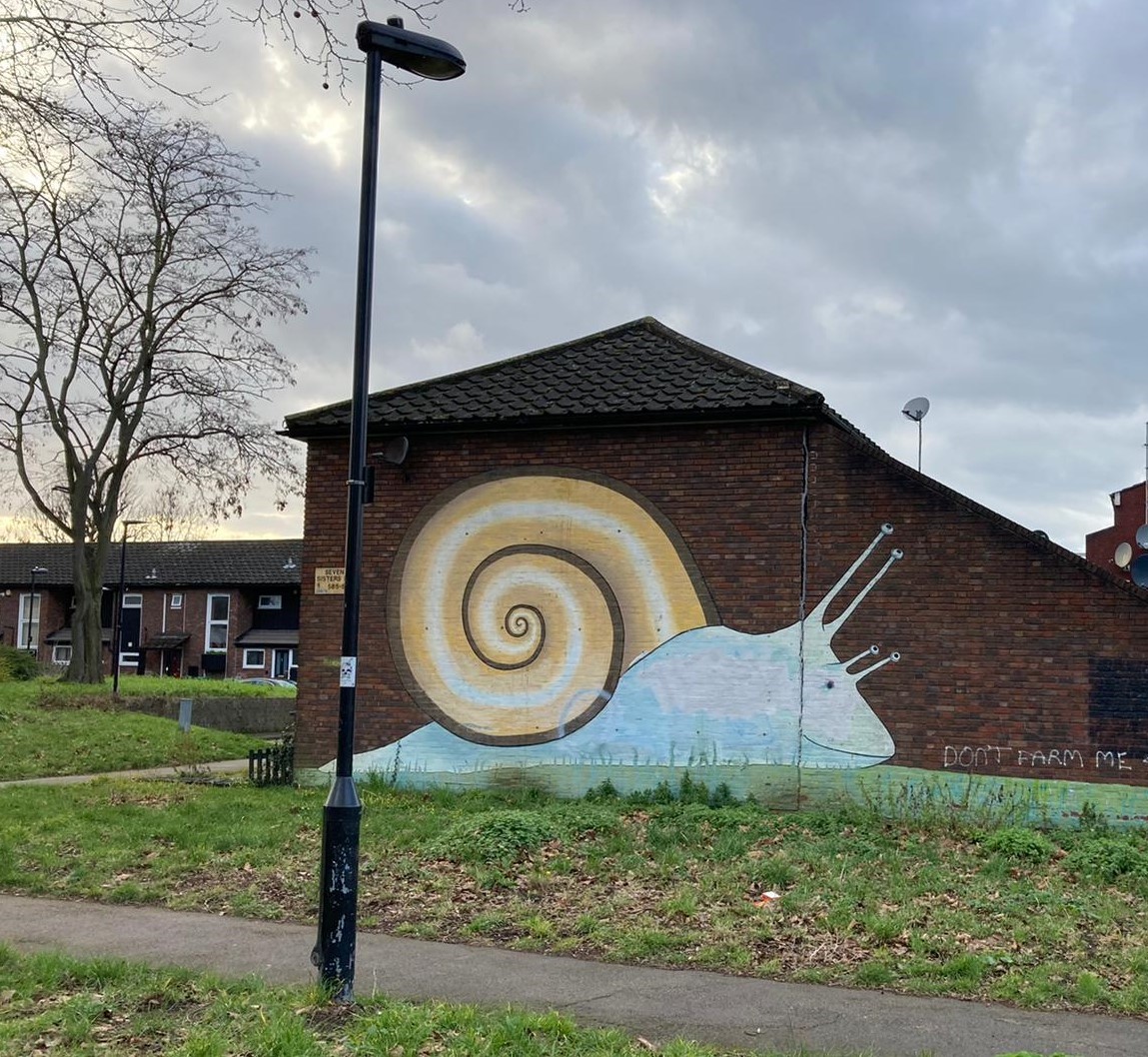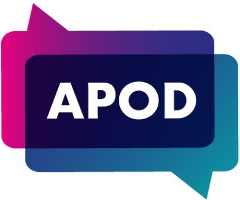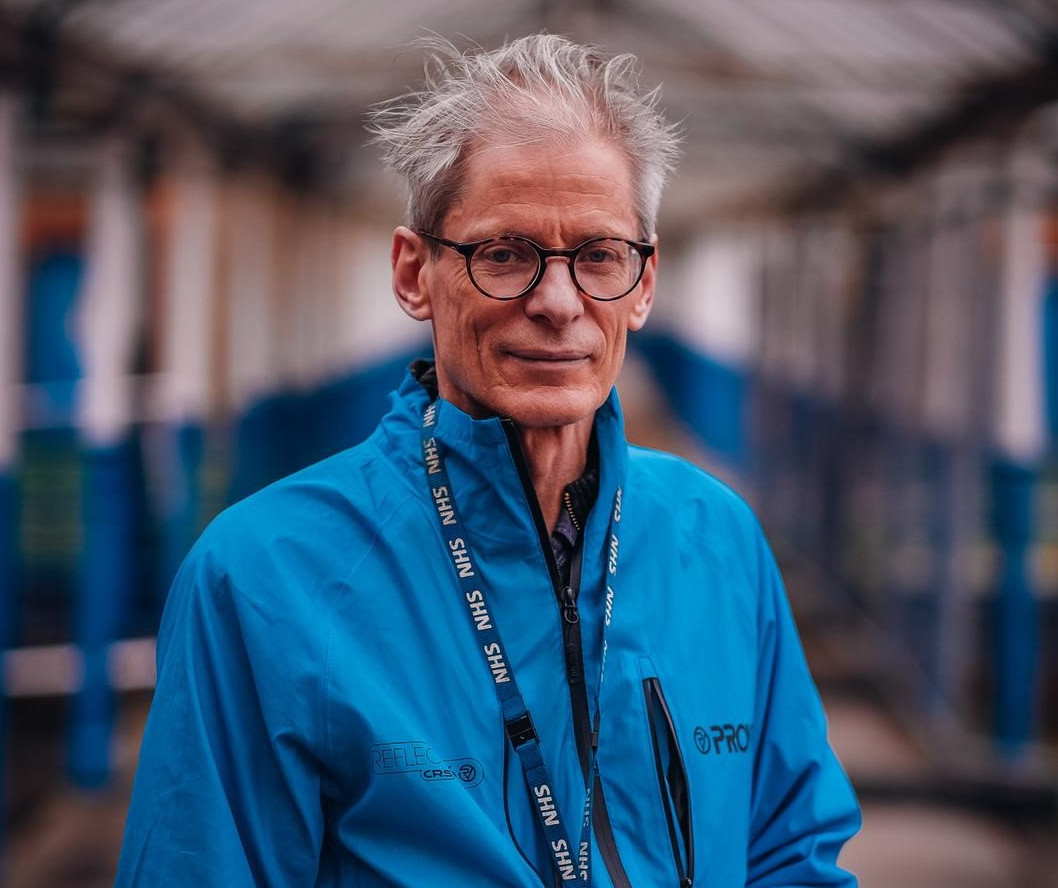By Darren Baker
As someone who has not studied anthropology or been involved in any anthropological research before, it took me some time to feel like I had a firm grasp of what anthropological methods are and how they differ from other forms of qualitative research, which I was more familiar with. It was a big change. I was learning on the job – which isn’t a bad way to learn- but has its challenges. One of these was a tendency for me to see others, such as David and Liana, as the ‘experts’ and defer to them on methodological matters; to worry about showing my ignorance in discussions and to fear that my basic questions are bothersome.
It’s been helpful to remind myself of the Open Dialogue principle of polyphony, to try to think of my perspective as ‘different’ rather than ‘lesser’ and to hope that this might be generative in some way. I think it helps that 1) I’m not alone and there are other non-anthropologists on the team and 2) there are elements of our research that are novel to all of us. I wonder whether there may be advantages to my anthropological naivety! It’s possible that I carry less baggage about how things should be done, feel less discomfort about doing things differently and might even be more open to new ways of working.
It is new for all of us to work as a team of anthropologists who are trying to introduce a dialogical approach to research. We are figuring this out as we go along, which is challenging, as we are all very busy. In the interim, it can provoke anxiety and thoughts such as; “I don’t know what I’m doing”. Another Open Dialogue principle, tolerating uncertainty, comes in handy here!
However, for me, these aspects of the research are one of the most exciting and interesting. When we meet as a team, the breadth of experience we all bring and our different perspectives feels very fertile and creative. The idea of breaking new ground is also appealing but the prospect of carrying out research in a way that embodies the dialogical values and principles of the approach is most exciting.




